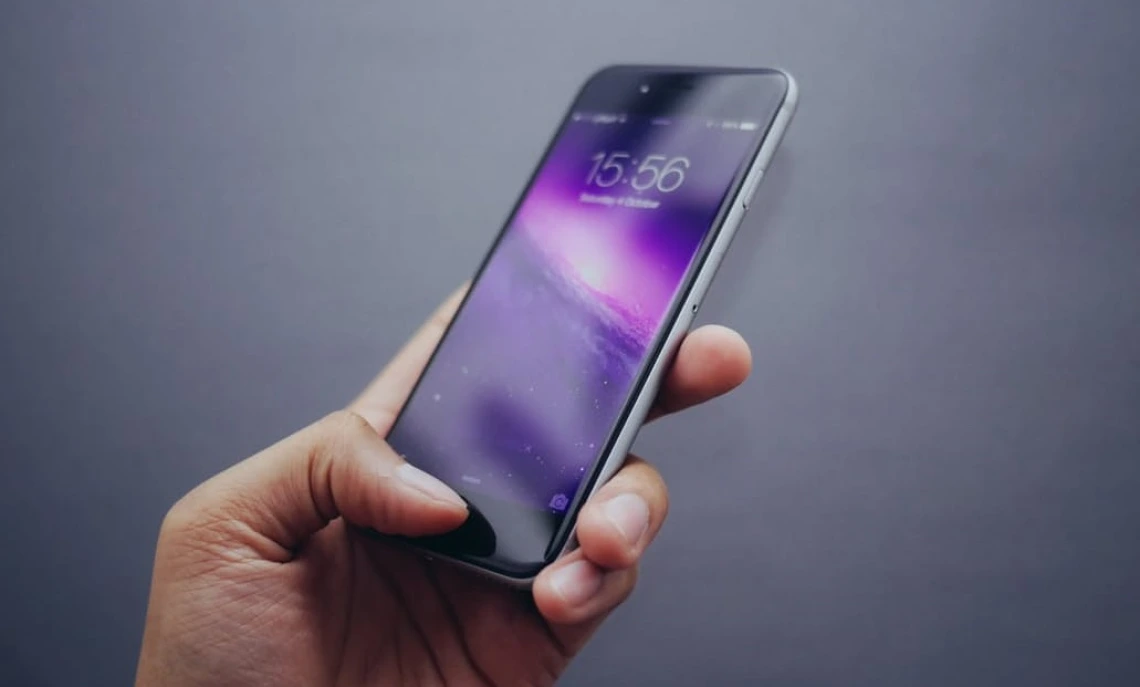Call Me: Using a Familiar Technology to Care for Cancer Patients at Home
Caring for a loved one with a cancer diagnosis can influence every aspect of a family's quality of life.

Caring for a loved one with a cancer diagnosis can influence every aspect of a family's quality of life. It also can lead to depression, the most common mental health disorder in the world, according to the Centers for Disease Control and Prevention (CDC).
With health-care providers and supportive care services stretched thin, it’s not uncommon for cancer patients and their caregivers (family or close others) to feel left behind. That’s especially true for Latinas, a growing and particularly vulnerable population with regard to breast cancer, because they tend to be diagnosed at later stages, to be sicker and have fewer easily accessible resources to deal with their psychological distress.
Terry Badger, professor and director of the community and systems health science division at the University of Arizona College of Nursing, wants to change that in an effort to reduce health disparities. Funded by the American Cancer Society, Dr. Badger’s current research is focused on interventions intended to strengthen the psychological, physical, social and spiritual wellbeing of Latinas and their caregivers. Unique in two ways, the study aims to improve the care of a historically undeserved population and it employs a surprisingly familiar technology for care: the telephone.

Q. Why did you focus on the Latina population?
When we started, nobody was thinking about how to deliver emotional care to Hispanic women and their caregivers. Typically, patients who were really depressed were referred to face-to-face support groups, but at the time none were conducted locally in the Spanish language. If we recommended face-to-face supportive care services, only about 25 percent of people would attend, and if we referred them to a psychiatrist or a psychiatric-mental health nurse practitioner, only about 45 percent would visit due to stigma or travel concerns. We culturally tailored our program to get past these barriers.
Q. Why focus on patients and their caregivers?
Cancer is not just the patients’ disease but really a family condition because it alters roles, responsibilities and expectations. During various phases of the cancer journey, caregivers make tremendous changes in their lives – they may change their work hours or leave their work entirely. The disease impacts the entire family. Whether you are ill or somebody you love, for either person or both, depression and anxiety can emerge.
Q. Why did you choose the telephone as the way to communicate with patients?
We were compelled to develop a way to deliver emotional support counseling and education to survivors and their caregivers in a very accessible way. When we started these studies we considered other devices, but realized that people with very low economic means might not have easy access to a computer or tablets or perhaps internet access. But we found that most people, even with very limited means, will have a cell phone with some minutes on it.

Q. How does the program work?
We call the participating women about once a week for about 30 minutes. We discuss their emotional symptoms and work out ways for self-care that will reduce those symptoms. And of course we measure their progress along the way. We learned that we are able to effectively reduce their anxiety, depression and stress, but also that when we deal with those factors, other symptoms like fatigue and pain aren’t as severe. We found that the women and their caregivers love the fact that they don’t have to arrange for childcare or pay for transportation. One woman told me, ‘Before you even talk to me, just the thought of you calling me once a week to ask me how I am has made me feel better.’ The human contact means a lot to them and a nice thing is how it colors their whole view of their experience at the University of Arizona Cancer Center because their impression is, ‘Wow, I’m really cared about.’
Q. How will the outcome of the study improve lives?
This program has proven to be effective in symptom and distress management, including depression, anxiety and other negative symptoms, as well as improving social and spiritual wellbeing. I hope we’re reaching a point of changing practice. For example, cancer care centers could routinely offer this service to patients.
Q. What do you see as the most significant impact of your research program for health care?
Right now, the majority of health care provided to cancer patients is by their home caregivers, not by formal health-care providers. Investing upfront using low- cost technology to conveniently guide people to care for themselves at home is bound to reduce relapses, lessen returns to expensive forms of health services and prevent enduring poor health.
About the Author
Terry A. Badger, PhD, RN, PMHCNS-BC, FAAN, is professor and director of the community and systems health science division at the University of Arizona College of Nursing. Her research is focused on depression in chronic illness, depression in adults and families, health outcomes and psychosocial oncology interventions with cancer survivors and their families.

